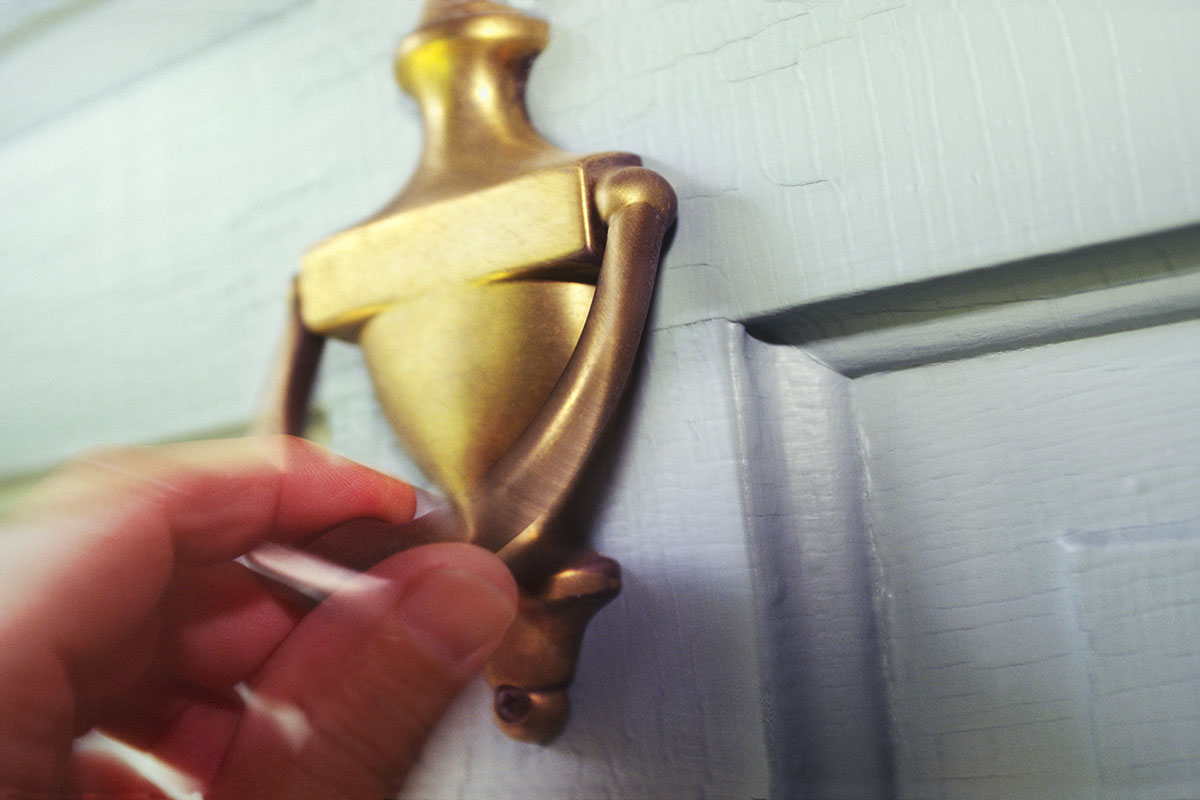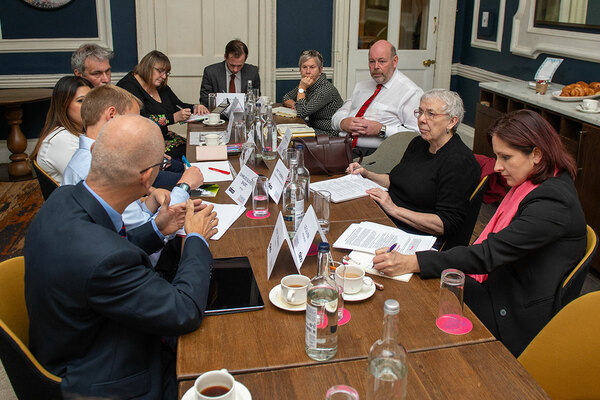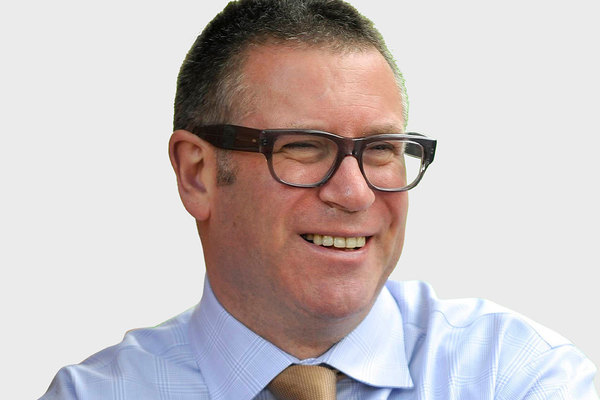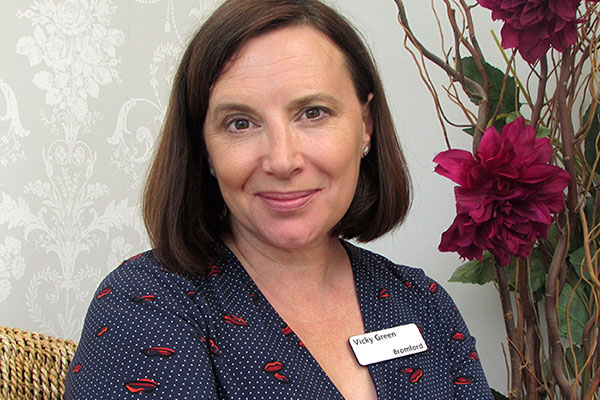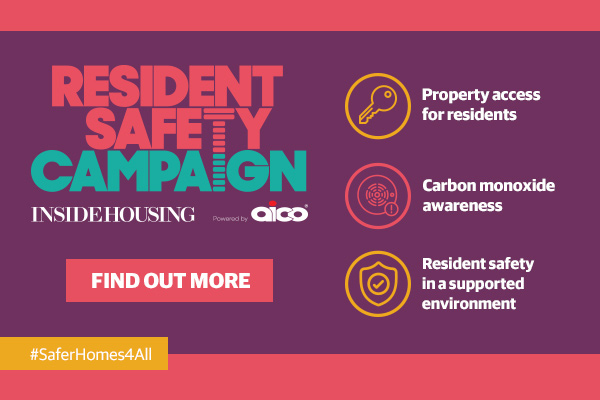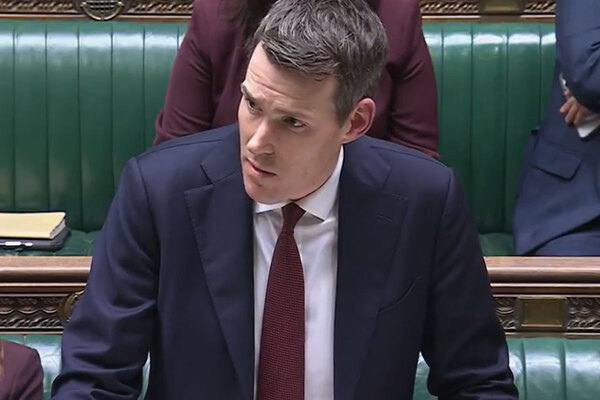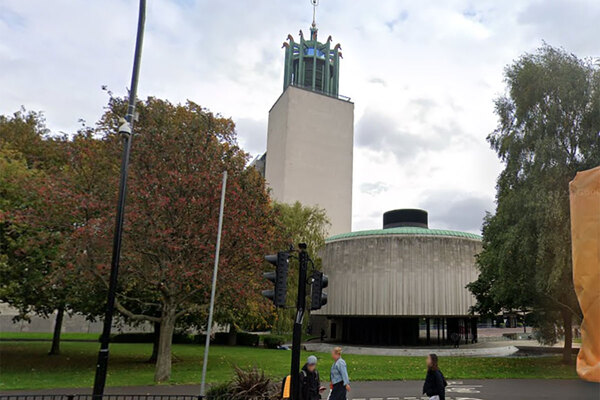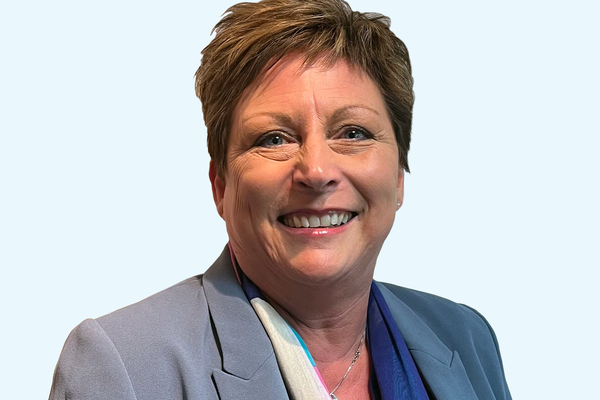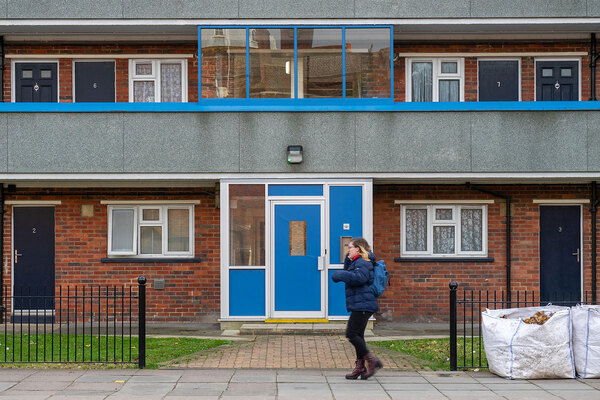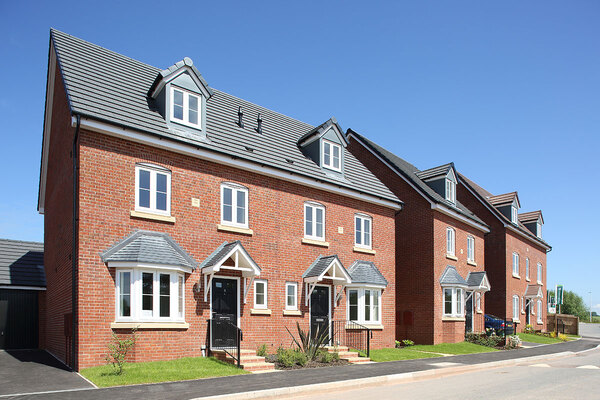Overcoming the problem of accessing residents’ homes
Vicky Green, head of locality at Bromford, explains the positive methods her team have adopted to help with this common landlord issue. Picture by Getty
In association with:

Bromford Group owns 44,000 homes across central and South West England with around 100,000 residents, making it one of the largest housing associations in the UK. Vicky Green leads a team of neighbourhood coaches overseeing 4,000 people in the Wolverhampton area.
What does Bromford offer its residents?
Our strapline is that we invest in homes and relationships. That’s at the heart of our work. Three years ago, we changed the structure and approach to how we communicate with our residents – so much so that we invested £3m in the recruitment, reimagining of roles and training of staff. We no longer have housing managers. Instead, we have neighbourhood coaches who have only 180 homes to oversee and they are out on their patch, walking the area and knocking on doors. We commit to checking in with residents at least once a year.
Neighbourhood coaches help people to thrive in their homes. We have turned our approach on its head. We don’t find what’s wrong and tell the resident what to do; we ask the person what they want their success to be – whether it’s settling a family in a community, giving financial advice or working through barriers to gain employment – and we start with what’s good already and work up from there to develop the knowledge and skills in the area they need.
Since we launched this approach, 91% of our residents have engaged with their neighbourhood coach.
The benefit of this approach for Bromford is that it has given us a better understanding of how to deal with housing issues with our residents because we know them better now and we know how to best communicate with them. We’ve built a relationship based on trust.
How does Bromford ensure its properties and residents are safe?
On our website there are lots of ‘how to’ guides that offer residents step-by-step information on how to maintain and repair appliances and parts of the home – even how to prevent breakages. We have found that many residents like this because it makes them feel more at home in the property and empowered to not have to always call on us.
If, however, the resident would like us to deal with it, there is a call centre and we can also guide someone through a small repair while they’re on the phone. We have built a mock-up kitchen in the centre so that our staff can take a look at an appliance or cupboard handle, for example, while the resident is on the phone and tackle the problem together.
Obviously, for issues of safety there are contractors who visit the property to undertake checks. Now that we have neighbourhood coaches, residents have said they are 20% more likely to know where to go for help if they know their neighbourhood coach than if they don’t.
Is gaining access to properties an issue for you?
When we launched the neighbourhood coach scheme we looked at how we were approaching safety checks. It used to be that the contractor would visit and if no one was in, they would leave a card and they’d repeat this three times, then report to us if they’d been unsuccessful in booking a visit with the resident.
Now, the neighbourhood coaches know in advance what properties need to have a safety check, so they can chat to the resident about this and make sure it gets booked in. The result is we continue to meet our targets, with all our properties being checked every year.
What are the reasons that you might have problems gaining access?
There can be many reasons why a resident doesn’t want us to go into their home, ranging from hoarding to mental health and safe-guarding issues. Sometimes it’s as simple as there being a language barrier. However, there are many ways around this – Bromford has a diverse team and our residents usually have a network of friends and relatives around them who help, but if needed we will employ translation services, although this is rare.
But I’d say trust is the main reason. One of the problems we found is that some of our contractors call from private numbers and when residents see the withheld number on their phone, they don’t answer. So for the residents that we know don’t answer the phone, the neighbourhood coach – who they know – will call them or drop in to see them.
Ways to work with residents to improve access
Landlords must legally carry out safety checks on all properties. However, it is not always easy to do this and can be costly if a legal process is involved. Reasons for residents denying access can be varied and might be because of rent arrears, language issues, mental health problems, hoarding, pets, unhealthy relationships or simply feeling unsure. Possible ways to help communicate with residents might include:
- Make sure the contact points with residents are known and easy to approach, so that residents are aware of who to contact when they have issues with appliances or alarms that might need maintenance, making residents feel comfortable with contracting companies.
- Get in touch with residents’ associations and social groups, particularly for harder-to-reach groups such as young people or disabled residents so that you can communicate with them in social situations, be known to them and gain trust for times when you need resident co-operation.
- Look at your communication strategy. Perhaps using email newsletters and texts is a better way of communicating with residents than posters on notice boards. Think about the people who live in your properties – could offering information in other languages help?
- Make sure your housing manager or neighbourhood coach is proactive and asks residents to be available for safety checks.
Can you see the new initiative working?
Yes. Last year, due to bad weather, nine of our properties were flooded over the Easter break – a crisis, and the biggest insurance claim that Bromford has had to make.
Understandably the residents of these homes were very vocal and we worked as quickly as we could to improve the situation. However, there was one resident who wouldn’t let us in. We were concerned about the resident being in a home that had contaminated water and damp so the neighbourhood coach visited him because she knew him. She worked with him to talk through the process of what needed to be done to his home and where his furniture and belongings would be stored, and helped him realise that we wanted him to feel comfortable and safe.
Once he had moved to another property, we regularly sent him photos of the refurbishment work. We made sure that the entire process was focused on the residents and not the contractors. It worked well as everyone was back in their homes within 12 weeks.
What feedback have you had from residents?
Continuing this example, the resident who had originally denied us access came to us and thanked us for being patient and taking the time to understand what was important to him and how that had made him trust us as a housing association. We understood how important his home was to him and installed a flood door in his property so he could feel reassured that the situation was unlikely to happen again.
For Bromford, that is an example of success and from recent research we’ve found that the number of residents who say they trust us to be honest and do what we say we’ll do rises by 5% when they know their neighbourhood coach. We don’t just want to solve the present issue but to also think about next year and the year after and continue investing in the community.
Access is central to this so that residents – and their neighbours – can be safe and comfortable, and ultimately thrive.
Tell us about your resident safety campaign and enter our competition. For more information, visit insidehousing.co.uk/residentsafetycampaign
Enter our Resident Safety Campaign comms competition
There is still time for social landlords enter a competition that could see their resident safety comms project showcased in Inside Housing.
We’ve teamed up with fire and carbon monoxide alarm specialist Aico to promote best practice in resident safety and help social landlords provide widespread safer places to live.
As part of our Resident Safety Campaign, Inside Housing and Aico would like to hear about an initiative that identified and tackled issues surrounding residential safety and engaged residents.
In particular, we would like to hear about an outstanding communications initiative that has been completed. It will be a strategy targeted at engaging with residents on safety in their home.
This competition is open to everyone and it is free to enter.
Three winners will be chosen by our judging panel. Each of the three will have their project profiled in Inside Housing and have the chance to be interviewed.
Inside Housing wants to use the competition to spread learning and help other organisations think about how they could improve their approach to health and safety. Winners will have their project publicised on Inside Housing’s social media channels and they will be invited to take part in a resident safety round table to help share information.
All entries must be submitted online and be received by midnight on 6 September 2019.
Read more about the competition and the Resident Safety Campaign here.
